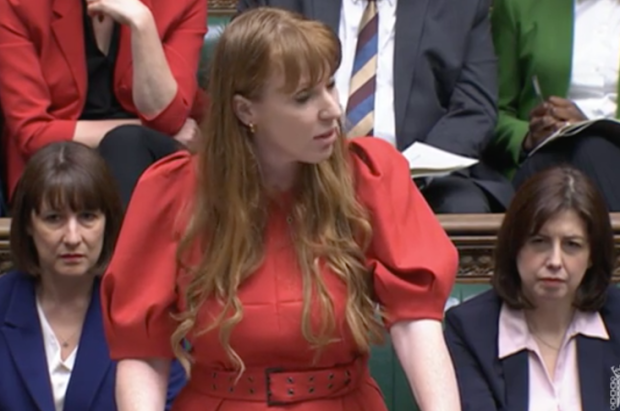The process that delivered us the Northern Ireland Protocol already seems to have been rewritten in official memory. It suits most parties involved to pretend the outcome was inevitable.
For Brussels, it helps them defend an arrangement designed to ‘protect the peace’ which is instead corroding loyalist support for the Belfast Agreement. For those in London, it is infinitely preferable to pretend that they were honouring the UK’s ‘obligations under the Good Friday Agreement’ rather than own one of the most abject episodes of British diplomacy in recent memory.
It also helps to shift the blame onto preferred targets. So Boris Johnson gets execrated for lying to unionists about his willingness to oppose an Irish Sea border, but overlooked is the fact that MPs stripped him of any leverage in the negotiations by passing the Benn Act.
So too is the fact that Ireland’s maximalist position against a land border was not inevitable, but a conscious choice by Leo Varadkar sold to the EU through a prodigious diplomatic effort. As one Irish ex-diplomat explains:
A ‘hard border’ is not a precise legal term. It might have been interpreted as allowing some light arrangements some distance away from the actual frontier. But it was progressively firmed up on the EU side to mean that there could be no checks or controls on the island of Ireland.
Meanwhile Eilis O’Hanlon, writingin the Irish Independent, is scathing about ‘gloating in the Republic’, and of ‘mansplaining by condescending technocrats’ about something that takes ‘a hacksaw to unionists’ sense of self’.
We argue over history because it slants the battlefield for future conflicts. Activist lawyers pretend that the outcomesof Millers I and II were certain because it delegitimises the government’s efforts to reform judicial review. Likewise, pretending the Northern Ireland Protocol is the only outcome compatible with the Belfast Agreement makes it extremely different to change, let alone dispose of — although as O’Hanlon notes: ‘if a land border was having this dire economic and social effect, we’d be clear: it would have to go.’
Views in government are divided about what to do next. As I wrotelast month, those close to Lord Frost maintain that he is convinced that the Protocol needs at least fundamental changes. Otherwise, as a ‘living document’ that gives effect to the ever-expanding corpus of EU law, its impact on trade between Ulster and the mainland will continue to grow. And as it grows, it will become an ever more destabilising force.
Outside Whitehall, the most common view is that the Prime Minister will take the path of least resistance and capitulate on sanitary and phytosanitary (SPS) checks, which EU officials insist are responsible for the vast majority of the absurd numbers of checks currently being conducted at Northern Irish ports. This would leave the UK as an EU rule-taker and would do nothing to address the fundamentally problematic premises on which the Protocol rests. But it could ameliorate most of the symptoms and get it out of the papers.
But that cannot — or, at least, definitely should not — be an excuse to go back to Westminster’s default position of not paying much attention to Ulster. A quick fix on the most obnoxious consequences of the Irish Sea border won’t address the deep currents that are corroding unionist support for the Belfast Agreement.
If the Protocol is going to stay, the government must redouble its efforts in other areas to emphasise what ought to be obvious: that the Agreement protects Northern Ireland’s British status until such time as a referendum changes it. It does not lock the province in a neutral limbo until such time as it stops being awkward and allows the Republic to annex it.
That means being loud and proud about using the new powers contained in the UK Internal Market Act to deliver projects in Northern Ireland, and reversing the lamentable decisionnot to fly the national flag from government buildings there. It should also mean a visible and properly funded re-commitment to the Conservative project of introducing ‘normal politics’ and forging new links with amenable unionists to try and bring Northern Irish voices closer to the centre of British government.
None of this contradicts our obligations under the Belfast Agreement. In fact, it upholds them. It may make the least generous nationalist and their most clueless FBPE allies unhappy, but we need only point to their conduct over the Protocol. If defending the Agreement sometimes means aggravating one side, it must sometimes mean aggravating the other. If not, the whole thing is doomed.
Got something to add? Join the discussion and comment below.
Get 10 issues for just $10
Subscribe to The Spectator Australia today for the next 10 magazine issues, plus full online access, for just $10.



















Comments
Don't miss out
Join the conversation with other Spectator Australia readers. Subscribe to leave a comment.
SUBSCRIBEAlready a subscriber? Log in